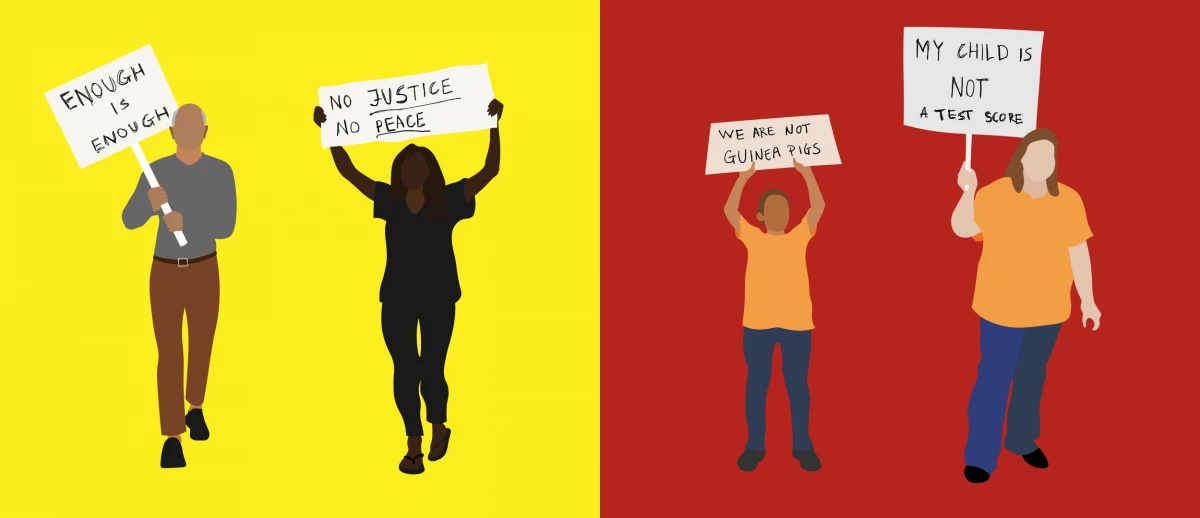- Home /
- Research /
- Reports & Analysis /
- Influential Users in the Common Core and Black Lives Matter Social Media Conversation
Influential Users in the Common Core and Black Lives Matter Social Media Conversation
Continuing previous work, we find that politically motivated popular users have the most influence in online discussions around Black Lives Matter and Common Core State Standards.

Credit: Judy Zhang
Authors
- Zhanna Terechshenko,
- Sean Kates,
- Fridolin Linder,
- Joshua A. Tucker,
- Richard Bonneau,
- Mona Vakilifathi,
- Jonathan Nagler
Area of Study
Tags
Introduction
This project aims to map the underlying “information ecosystem” discussion of politically contentious issues and identify the most influential users in the online conversation. This Data Report looks to address two research questions: 1) What types of users engage in conversations on contentious issues online? 2) What are the characteristics of the most influential users in such online discussions?
Through analyzing Twitter data and the examples of the Common Core State Standards (CCSS) policy debate and Black Lives Matter (BLM) movement in particular, we seek to identify the characteristics of users who become influential in online discussions over time. Our approach consists of two parts.
First, we categorize users into seven types within two groups (politically motivated and apolitical users) based on Twitter activity and status. In addition, we categorize them into sixteen types based on their level of engagement with the topic (CCSS or BLM). Having developed the framework for user categorization, we then developed a method for measuring user influence in discussions on Twitter, namely, measures of reach, or impact, of the content produced by a group, as well as the measure of the influence of one group of users on another group of users.
We find that majority of users who participated in CCSS and BLM online conversations are users, who are not invested in politics and have a relatively low number of followers. In contrast, the majority of tweets were from users who tweeted much more often about politics more broadly. Finally, we find that, for both issues, politically motivated users, who tweeted a lot about these issues, were the most influential in the online conversation.